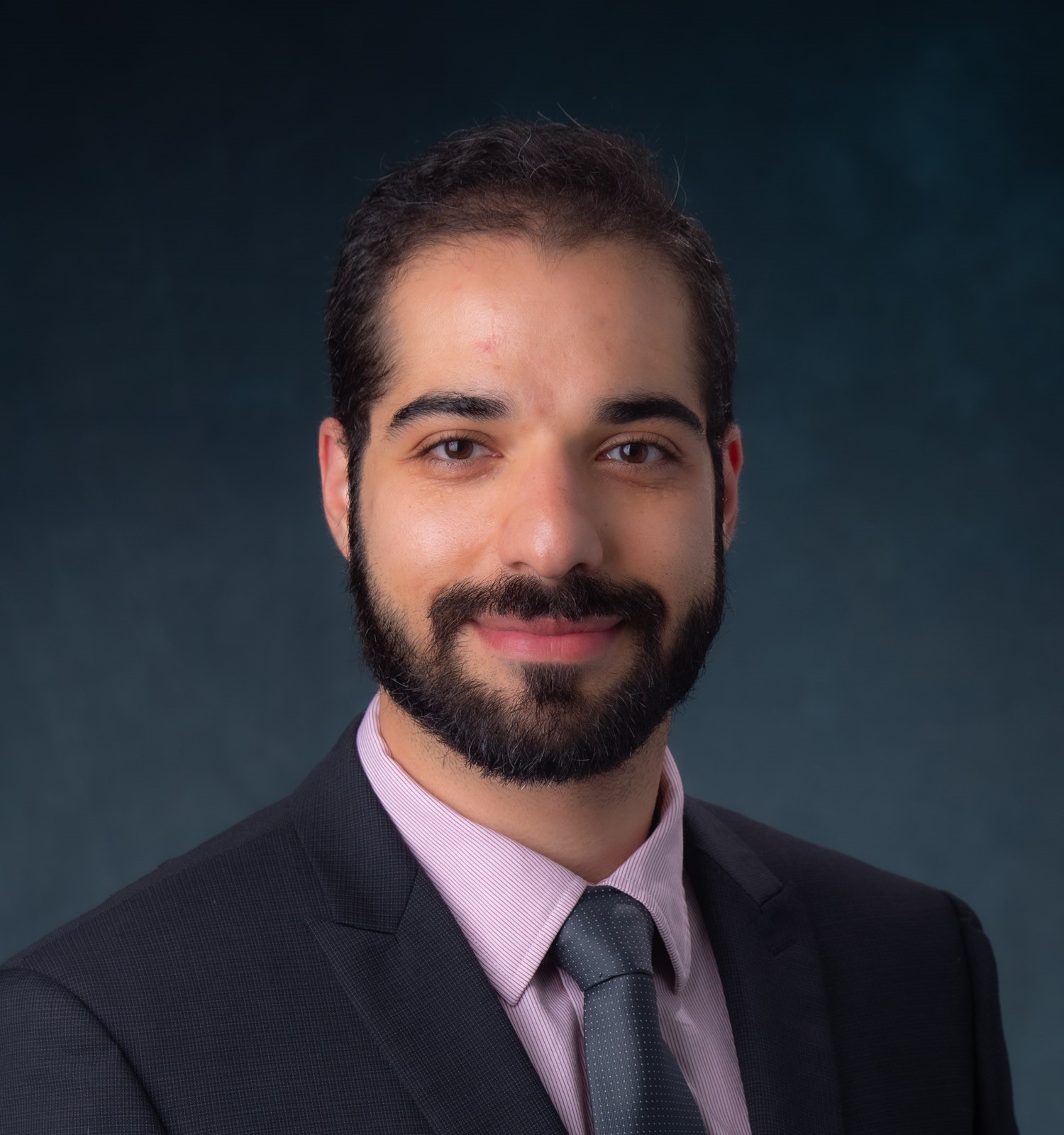I am an assistant Professor of Geography, and Computer Science and Information Science Departments by courtesy, and a Faculty Fellow of the Institute of Behavioral Science, and CU Population Center at at CU Boulder.
My research interests are rooted in geospatial data science, extended to both natural and social sciences. I contribute to and use methods from the fields of spatiotemporal machine learning, spatial statistics, human-centered visual analytics, and remote sensing.
My research has been funded by various entities including the National Science Foundation, NASA, NREL, NIH and Population Council. I have been fortunate to have collaborators from a variety of disciplines in these endeavors, and an amazing team of Graduate and Postdoctoral researchers.
I view my research as an integrative activity that brings data science together with environmental and social sciences to help make society more sustainable and equitable. My research program is use-inspired, and therefore I hope it to be high-impact, well-funded, interdisciplinary, collaborative, and stakeholder-involved for advancing science in the context of pressing environmental and social issues. At the core of my current research, my work is focused on harnessing non-linear spatial and temporal relations for data-driven and human-centered computing. Concretely, this line of inquiry has taken the form of designing and evaluating spatiotemporal machine learning and quantitative methods for applications in various domains, including environmental remote sensing, epidemiological modeling, public health, social media analytics, and renewable energy systems.
My research is computational, and it involves wrangling large heterogenous datasets as well as designing, programming and experimenting with algorithmic models and/or visual interfaces on advanced hardware. Additionally, most of my projects involve stakeholder engagement to ensure relevancy, adoption, and impactful science.
Use inspired research is not for the faint of heart. Developing methods and applications in the context of real-world problems, where there are experts in other fields, will mean that the methods need to be useful and usable. Anecdotally, 80% of a project’s time and money goes towards collecting, processing or preparing data. We develop methods in the context of real-world applications, meaning most of the time, we are not using off-the-shelf clean benchmark datasets. While is challenging at times, doing use inspired research has helped us stay rooted in reality, guide our assumptions and decisions, establish a funded research program, and hopefully, have more immediate impact.
Note for Prospective students: Students interested in a graduate degree in Geography or Computer Science whose research and interests align with GeoHAI: Please feel free to reach email me your CV, explaining how your research background and expertise may align with our work, and what areas you’d be interested in working on in the future. Please use the projects and publications pages, or see our latest papers on Google Scholar.
Search for Morteza Karimzadeh's papers on the Publications page


